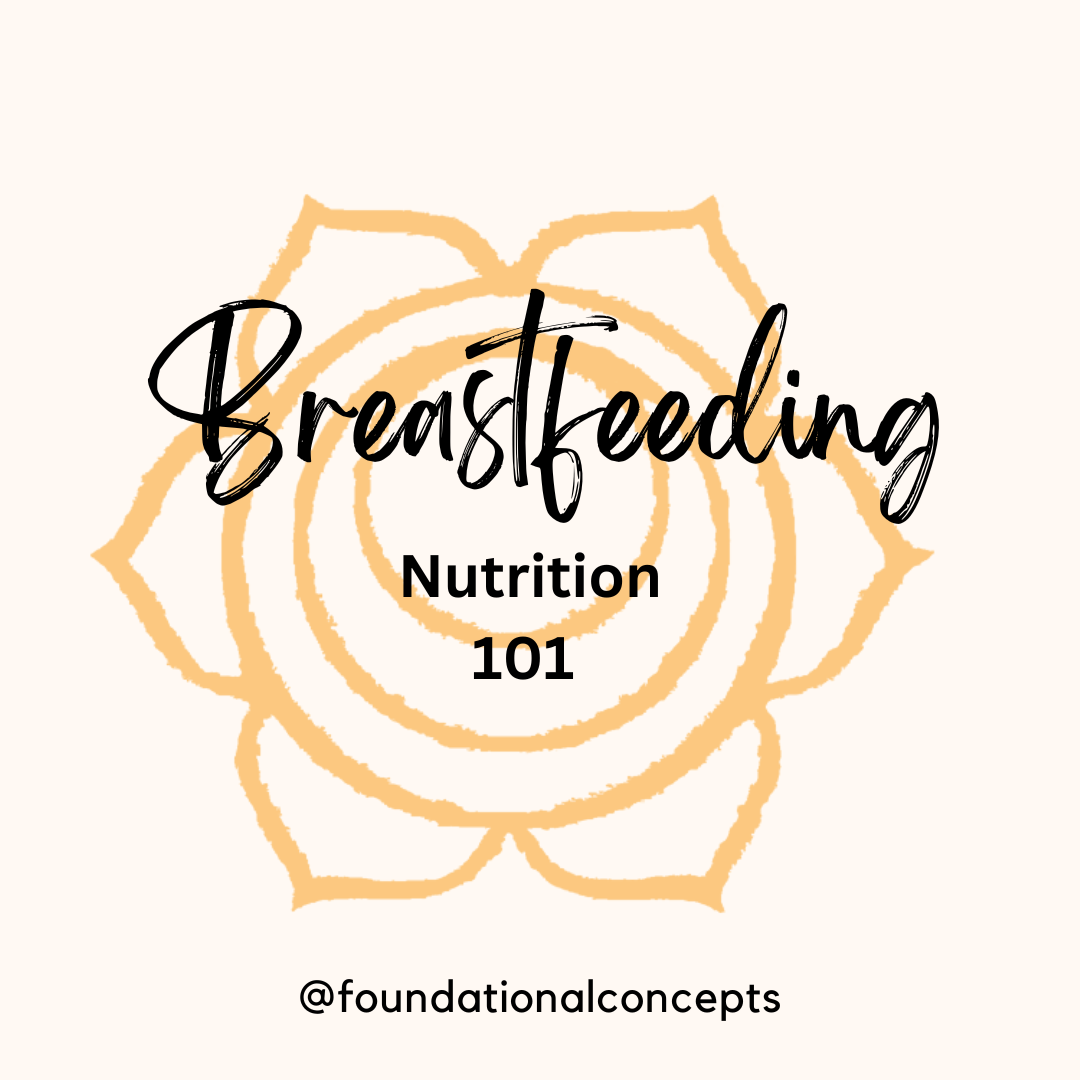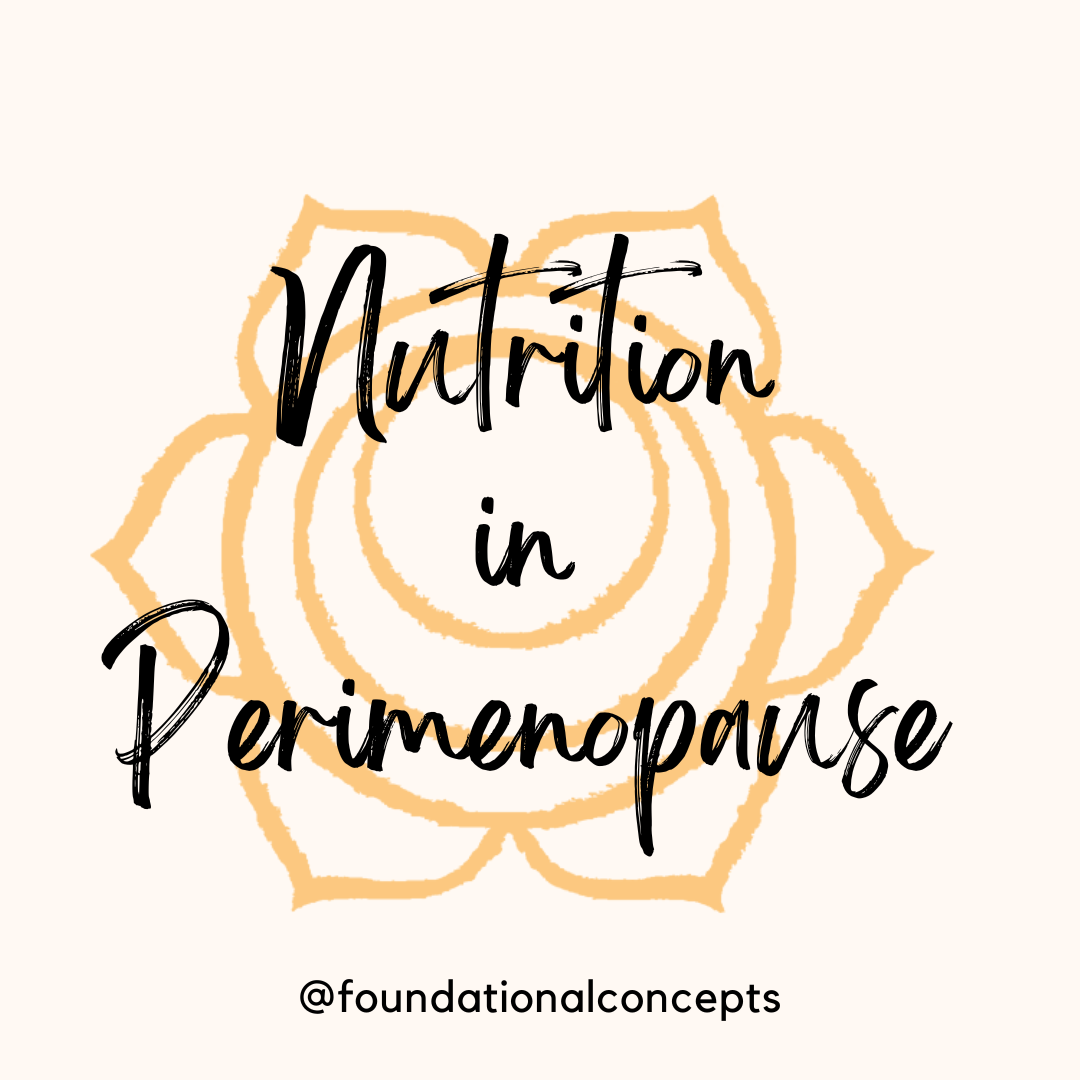If you struggle with constipation, you are not alone! Let's talk about some natural options…

Breastfeeding and Nutrition 101
Nutrition plays such an important role in our pregnancies and post-partum periods. Breastfeeding requires time and energy for new moms on top of our bodies healing after pregnancy and delivery. Because of that, it is important to pay attention not only to our bodies, but also what we are putting in them to assist during this transitional time.
The general rule of thumb is that we need about 500 more calories while breastfeeding than we did pre-pregnancy. This is a general rule of thumb depending on many factors including activity levels during, amount of weight gained during pregnancy, and maternal fat stores. The best way to know what calorie intake right for you is to pay attention to milk supply and energy levels.
While it is important to have enough calories, it is even more important to look at where those calories are coming from.
- Protein: Protein is one of the building blocks of breast milk. Since protein is also an important building block of our muscles, getting enough in our diets is important to prevent the breaking down of muscle mass during breastfeeding. Good options for high-quality protein include eggs, chicken, beef, salmon, dairy, and legumes/beans. Extra points for grass-fed dairy, eggs, and meat. You can also opt for protein powders if you need help reaching your protein goals. Shoot for around 71g of protein daily.
- Healthy fats, especially Omega 3 and Omega 6: These fatty acids are a key piece of your baby’s development, especially their brain, nervous system, and eyes. Options can include eggs, salmon, and nut butters. You can also supplement omega fatty acids with flax seed, fish oil, or nuts. Grass-fed animal products will do double duty with high levels of protein and high levels of fatty acids.
- Calcium: We need the same amount of calcium while breastfeeding as we did during pregnancy. If your baby has difficulty tolerating dairy products, you can also get calcium from leafy greens like kale, cabbage, bok choy, canned sardines or salmon, and fortified oat or nut milks.
- Water: Breastmilk is primarily water. Our bodies will use as much fluid as needed to make breastmilk even at the expense of becoming dehydrated ourselves. While we are checking our baby’s hydration levels, it is also important to pay attention to our own hydration. Watch for increased yellow urine, dizziness, or moodiness—all signs of dehydration. And shoot for 1/2 your body weight in ounces of water daily.
It is important to continue to pay attention to our diet even after delivery, especially if we are breastfeeding. A healthy diet will help our bodies heal after delivery and during the fourth trimester. Healthy nutrition also passes along to baby, so you are setting them up for a great start by attending to your body’s caloric and macronutrient needs.
We love to help mamas heal after delivery, not just physically, but considering all lifestyle factors that foster a healing environment. Check out our free 15 minute phone screening for post-partum moms!



